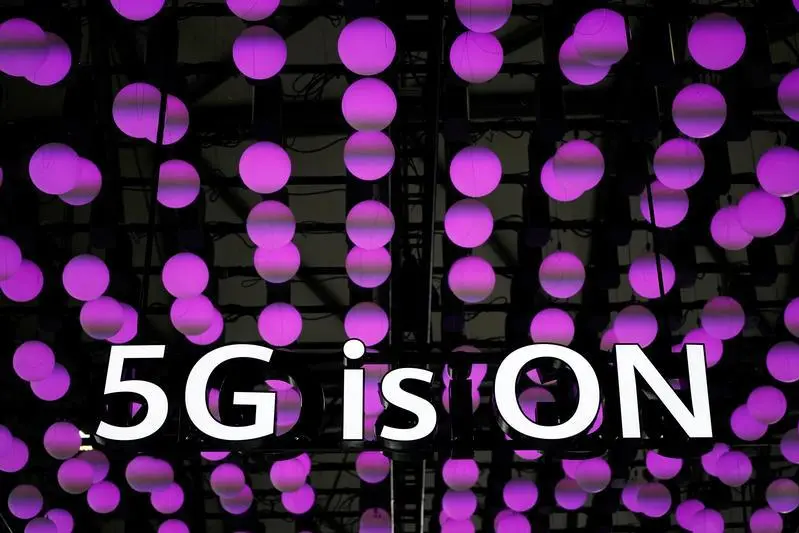PHOTO
NEW YORK - The White House is playing good defense on next-generation wireless networks. That helps safeguard Americans as countries race to build critical 5G networks, which will enable everything from instantly streaming movies with no buffering to driverless cars. But the current U.S. approach only goes so far. Combatting China’s rising dominance in the technology also requires a strong offensive strategy.
In April, President Donald Trump signed an executive order that codified and made more transparent a loose-knit committee founded in the 1990s known as Team Telecom. This group advises the Federal Communications Commission on matters including national security, not unlike how the Committee on Foreign Investment in the United States reviews foreign transactions under the Treasury Department.
One of Team Telecom’s first recommendations after Trump’s edict was to revoke China Telecom’s license on fears it is under the thumb of Beijing and could collect sensitive data. That same concern prompted the White House to blacklist Huawei Technologies a year ago this coming Friday. The telecom giant is one of the world’s top providers of smartphones and a leader in making 5G kits that cost less than others.
The trouble is the competing suppliers, Nokia and Ericsson, are relatively weak. Washington has been playing dealmaker, trying to nudge American companies such as Cisco Systems to snap up the struggling European players. But Uncle Sam lacks the clout of the People’s Republic to create national champions. And the European Union would probably bristle at the notion of such tie-ups.
There are better alternatives. One is to work with the private sector. AT&T and other telecommunications firms are part of an alliance backing the development of open software for 5G kits. That’s akin to the way Alphabet’s Android operating system works, unlike Huawei’s product, which bundles hardware and software together in the way Apple does. The U.S. government also could play a key fostering role by either financing or backstopping funding to entice companies to research and develop faster ways to build out the network. Without such efforts, the White House only has half a 5G strategy.
CONTEXT NEWS
- President Donald Trump’s administration is in talks with semiconductor companies to build chip factories in the United States, Reuters reported on May 10.
- A group of representatives from U.S. agencies including the Department of Justice recommended on April 9 the Federal Communications Commission revoke and terminate the licenses granted to China Telecom that allows it to operate in the United States. The action follows a White House Executive Order on April 4 that formally established the group to advise the FCC.
(Editing by Antony Currie and Leigh Anderson) ((jennifer.saba@thomsonreuters.com; Reuters Messaging: jennifer.saba.thomsonreuters.com@reuters.net))





















